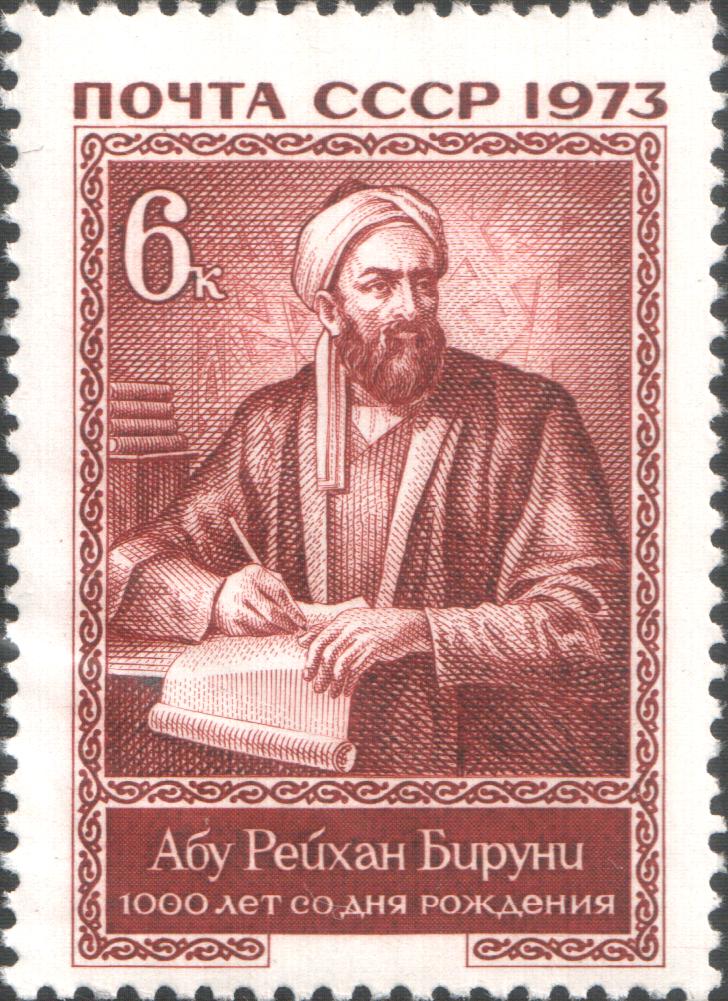In the 10th and 11th centuries, a number of authors who wrote in Arabic were aware of the existence of a language particular to the region of Khwarizm. Abu Rayḥān al-Bīrūnī is the most famous and knowledgeable of these authors, of course, being a native speaker of the Chorasmian language. But travellers and scholars such as Ibn Faḍlān and al-Maqdisi reported on this language, and their judgements on the way it sounded to them, but did not record any examples of the language.

‘Abd al-Karīm al-Sam‘ānī (d. 1166), however, seems to have actually known something of the Chorasmian language. Originating from Merv in today’s northwestern Iran, not all that far from Khwarizm, he may have actually heard the language being spoken. In his biographical dictionary known as the Kitāb al-Ansāb (ed. Hyderabad, 1962, Vol. II, p. 353), he reports:
البيروني بفتح الباء الموحدة وسكون الياء آخر الحروف وضم الراء بعدها الواو وفي آخرها النون هذه النسبة الى خارج خوارزم فان بها من يكون من خارج البلد ولا يكون من نفسها يقال له فلان بيروني ست ويقال بلغتهم انبيژك ست والمشهور بهذه النسبة أبو ريحان المنجم البيروني
“al-Bayrūnī (with fatḥ/kasr of the 'b', sukūn of the 'y', ḍamm of the 'r', followed by 'w' and 'n'): This surname (nisba) refers to the outer parts of Khwarizm, for in that country if someone is from outside the town and not from the town itself they say of him fulān bayrūnī-st (فلان بيروني ست), but in their own language they say anbīcak yitti (read: انبيڅك يت). The person most well-known by this surname is the astronomer Abū Rayḥān al-Bayrūnī.”Continue reading
